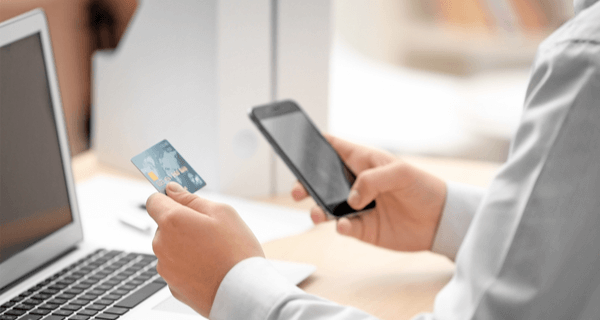Only 30% of people admit to changing their social network privacy settings according to Microsoft’s Consumer Safety Index survey.
Their survey which coincides with Safer Internet Day 2014 measured the steps people take to protect their computers, mobile phones and valuable information.
Of those surveyed, 5% (2.6 million) of people reported being a victim of a phishing attack with an average loss of £100 and 3% suffered identity theft also with an average loss of £100.
Yet, despite these losses, only 34% said they limit what strangers see on social networks and the amount of personal information that appears online.
Similarly, only 30% admit to changing their social network privacy settings, 33% use a PIN (personal identification number) or password to lock their mobile devices, and 39% use a secured wireless network when engaging online.
Online safety tips
Safer Internet Day (SID) is organised by Insafe in February of each year to promote safer and more responsible use of online technology and mobile phones, especially amongst children and young people across the world. To mark this Microsoft has released some online safety tips:
- Lock your devices and online accounts: Use strong passwords and a unique four-digit PIN for mobiles.
- Save sensitive transactions for secured networks: This includes paying bills, banking, or shopping. Don’t share personal account information over “borrowed” or public Wi-Fi.
- Take charge of your online reputation: Discover what’s on the Internet about you, periodically re-evaluate what you find, and cultivate an accurate, positive reputation.
- Help protect your social circles: Use privacy settings to manage what information you share and with whom. Be selective about what you post and accepting friends.
For further information please visit the Microsoft website.
Please note that Action Fraud is not responsible for the content of external websites.
To report a fraud and receive a police crime reference number, call Action Fraud on 0300 123 2040 or use our online fraud reporting tool.


